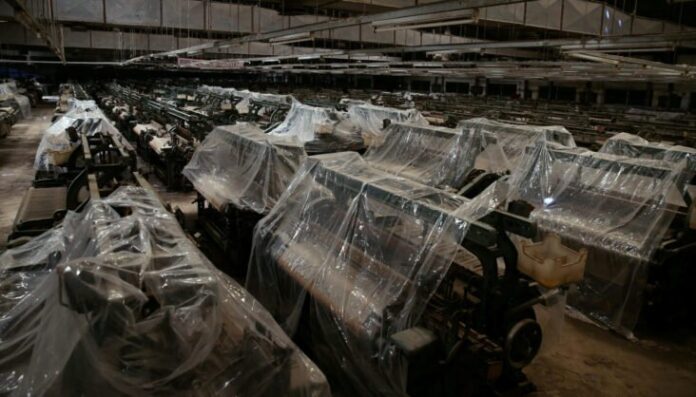
5 factories that shut down in Nigeria as currency crisis worsens
Many manufacturing companies have shut down due to the drastic devaluation of the country’s currency against volatile markets. Due to the worsening of the currency crisis, most factories in the country could not keep up with it, thus they had to fold up.
One of such organizations that had to fold up due to the currency crisis in Nigeria was the Kenfrancis frames. According to its Chief Executive Officer, Mr. Ifeanyi Okereke, the agro-based company was shut down because of the foreign exchange policy by the Nigerian Central Bank.
He stated that: “We started in 2016, believing in Nigeria and hoping that we could process agro products and export. But getting raw materials to carry out this objective became a problem. Our cost of production skyrocketed and, at a point, it became clearly impossible to continue operations”
Continuation On factories that shut down in Nigeria as currency crisis worsens
Again, he explained that many more industries had to fold up because of poor planning
He said, “Your cost of production as a manufacturer or agro processor can only continue to rise because you pay heavily for energy, water, logistics, port demurrages and then source your foreign exchange from the black market at over N570/$. Why then would you survive?”
Another company that had to fold up was Louis Carter Industries, a plastic-producing company. For this company, they had to fold up because the Enugu Electricity Distribution Company was not providing them with an adequate power supply.
Next is Moak Enterprise, a company that deals in the production of bottled water. The company had to shut down in 2021 because of the high cost of raw materials and the foreign exchange rate.
The CEO Olatunde Akintunde revealed that “It was difficult for us because the cost of our raw materials increased four-fold, leading to the high cost of production. The business was no more sustainable, so we had to go.” He scolded the Buhari administration on the rate at which the Nigerian currency depreciated emphasizing that “ I have not seen this kind of economic management in my life.
“Things were better before the administration came on board, which was why I started this business on 2014. But it is very difficult to understand what is going on now.”
Also, big enterprises like Procter & Gamble and GlaxoSmithKline had to shut down their firms stating that it was under restructuring.
Also, for More Interesting Articles, CLICK HERE
RELATED SEARCHES
- Top 5 African Countries with the Best Education Systems
- HOW TO GET A UK VISA IN GHANA
- What You Need To Know When Starting A Business
- What You Need To Know When Buying A Car
- How Do I Get Rid Of The White Stuff On My Tongue
- Get Rid Of Vagina Odour Immediately
- HOW TO PREPARE PIZZA FROM THE COMFORT OF YOUR HOME
- HOW DO I KNOW MY BLOOD GROUP
- KNOW WHY YOU SHOULD NOT MARRY PEOPLE WITH CERTAIN BLOOD GROUPS
- How Can I Stop White Discharge and Itching Naturally
- How to stop menstrual pains fast at home
- What Are the Symptoms & Signs of Gonorrhea and Syphilis?
- How can I stop the pain when I urinate?
- How can I stop sperm from coming early?
- Apply for Police Clearance Certificate in Ghana


